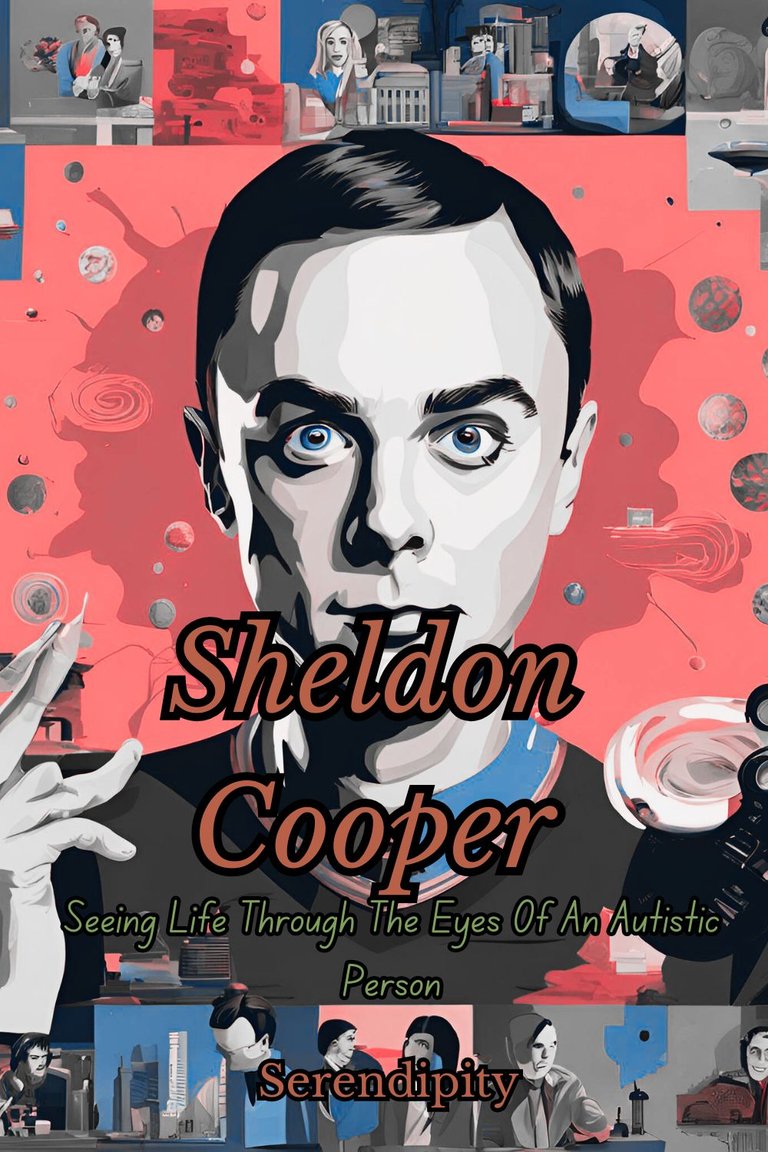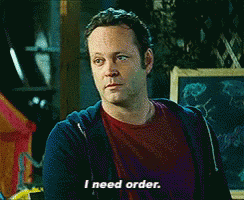
If you’ve watched The Big Bang Theory or its prequel Young Sheldon, you probably know Sheldon Cooper—the brilliant, unique, and socially awkward physicist. To some, Sheldon might seem rude or self-centered. But what if there’s more to his behavior?
What if Sheldon shows traits of autism, a condition that affects how people think, communicate, and interact with the world?
What is Autism?
Autism is a condition that affects how someone connects with others, handles change, and processes information. People with autism often:
Struggle with social interactions
Prefer routines and predictability
Have deep, focused interests
May be sensitive to sights, sounds, or touch
For some people, these issues may be so serious that it can make them unable to function and have to depend on other people for their daily activities.
For some others, the symptoms are not strong enough to impair their daily activity.
That is why it is called Autism Spectrum Disorder.
Sheldon’s behavior matches many of these traits. Let’s look at some examples.
Social Challenges

Sheldon is incredibly smart, but understanding people? Not so much. He struggles with social cues, empathy, and the give-and-take of conversations.
Literal Thinking: Sheldon often takes things at face value. In one memorable scene, he creates a “sarcasm sign” to hold up when he suspects someone is being sarcastic because he cannot identify it naturally.
This shows how hard it is for him to pick up on tone or context.
Unusual Empathy: Sheldon cares for his friends, but he shows it in unconventional ways.
For instance, in the episode where Penny dislocates her shoulder, Sheldon takes care of her—not with emotional support, but by providing a detailed, logical approach to ensure she gets help.
He even drives her to the hospital despite his extreme aversion to driving.
Blunt Honesty: Sheldon says exactly what’s on his mind, even if it’s hurtful.
In one episode, he tells Penny,
"The thought of you sitting in a darkened theater with a character like Leonard is horrifying"
—with Leonard sitting right there.
He didn’t mean to be mean; he just didn’t realize how his words would affect Leonard or Penny.
Sheldon’s Love for Routine

Sheldon is all about structure. Routines keep his world predictable, and any change can throw him off completely.
Meal Schedules: Sheldon eats the same meals on specific days—like Thai food on Mondays and pizza on Thursdays.
In one episode, Leonard suggests altering pizza night, and Sheldon becomes visibly distressed, refusing to entertain the idea.
For some people with autism, changing their routine like this would lead to a tantrum.
“The Spot”: Sheldon’s spot on the couch is sacred.
In the pilot episode, he explains to Leonard why it’s the perfect spot using scientific reasoning.
When someone else sits there, like Penny or Howard, Sheldon becomes visibly agitated and insists they move.
Bathroom Rules: Sheldon’s bathroom schedule is fixed, down to the minute.
In one episode, Leonard mentions how everyone in the apartment knows and follows Sheldon’s bathroom timetable because deviating from it causes Sheldon significant distress.
Intense Interests
Sheldon’s world revolves around theoretical physics.
This deep focus is common in people with autism, who often have specialized interests.
Passion for Physics: Sheldon can talk endlessly about string theory or quantum mechanics.
In one episode, he gives a lecture that goes so far over everyone’s heads that even his friends can’t follow.
He doesn’t notice or care; he’s entirely engrossed in the topic.
Pop Culture Obsessions: Sheldon’s love for Star Trek and Doctor Who is more than casual fandom.
In one episode, he learns Klingon and insists on playing games in the language, expecting others to understand.
He even dresses as Spock and debates minute details about the shows.
Sensory Sensitivities

Sheldon has trouble with physical and sensory input, another common trait of autism.
Avoiding Touch: Sheldon doesn’t like hugs or physical affection.
In one iconic scene, he awkwardly hugs Penny only after she gifts him a napkin signed by his idol, Leonard Nimoy.
This is a rare moment of physical contact for Sheldon.
Sensitive to Noise: Sheldon is easily irritated by noise.
In one episode, Penny’s singing disrupts his train of thought, and he goes to great lengths to make her stop, showing how much even minor disruptions can unsettle him.
Why Sheldon’s Story Matters
Sheldon Cooper is a fictional character, but he represents many real-life experiences of people with autism.
His quirks may frustrate those around him, but his brilliance, loyalty, and unique perspective make him unforgettable.
Understanding characters like Sheldon helps us appreciate the strengths and challenges of autism.
It reminds us to embrace neurodiversity and celebrate the unique ways people see the world.
The next time you watch Sheldon in action, remember—his quirks aren’t flaws. They’re part of what makes him, and others like him, extraordinary.
Thumbnail made with Canva